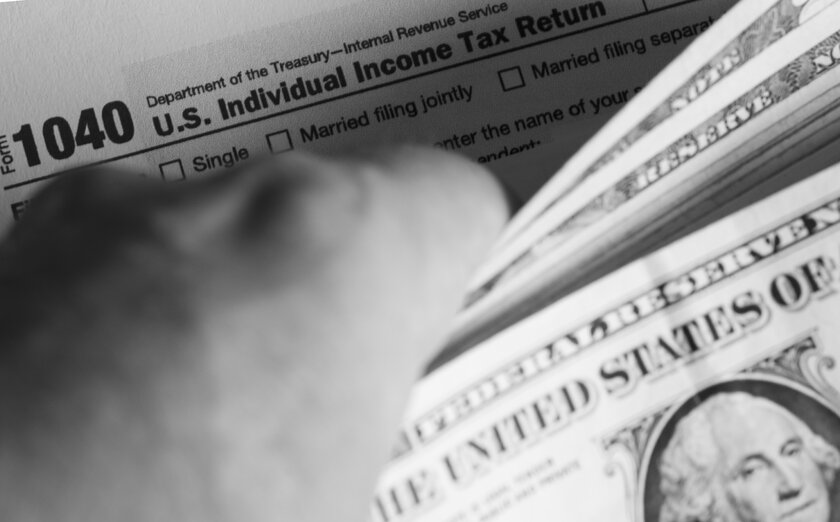Navigate Taxes, Maximize Savings: Small Biz Guide
Proven Business Templates

How to File your Federal Income Tax Return
Starting and running a small business in the USA involves navigating through various tax obligations set by federal, state, and local governments. Understanding these obligations is crucial for compliance and can also help entrepreneurs identify opportunities for tax savings.
Explore basic small business tax obligations and tips for tax savings!
Understanding Your Tax Obligations
1. Federal Taxes
- Income Tax: All businesses except partnerships must file an annual income tax return. Partnerships file an information return. The form you use depends on how your business is organized.
- Self-Employment Tax: Applies to owners of sole proprietorships, partnerships, and LLCs. This tax covers your contribution to Social Security and Medicare.
- Employment Taxes: If you have employees, you are responsible for several federal employment taxes, including Social Security and Medicare taxes, federal income tax withholding, and the Federal Unemployment (FUTA) Tax.
- Excise Taxes: Applied if you manufacture or sell certain products, operate certain kinds of businesses, use various kinds of equipment, facilities, or products, or receive payment for certain services.
2. State and Local Taxes
- State Income Tax: If your state has an income tax, you'll need to comply with your state's requirements in addition to federal taxes.
- Sales and Use Taxes: Most states and some local jurisdictions impose sales and use taxes.
- Property Taxes: Typically imposed by local governments on real and personal property.
Note: Always check your state and local tax obligations, as they vary significantly by location.
5 Tips for Saving on Taxes as a Small Business
By taking advantage of available deductions, credits, and professional advice, you can ensure compliance while minimizing your tax burden. Remember to leverage resources provided by the SBA and the U.S. Chamber of Commerce to stay informed and prepared for your tax obligations.
1. Keep Accurate Records
Good record-keeping throughout the year can save you time and stress when filing taxes. It also ensures you don't miss out on deductible expenses.
2. Understand Deductible Expenses
Many business expenses are tax-deductible. Common examples include office supplies, rent, utilities, and marketing expenses. Understanding what you can deduct can significantly reduce your taxable income.
3. Utilize Tax Credits
There are numerous tax credits available for small businesses. These can range from credits for hiring certain employees to investing in research and development.
Note: To claim a general business credit, you will first have to get the forms you need to claim your current year business credits. In addition to the credit form, in most cases you may also need to file Form 3800. You can find the most important tax credits and all the forms you need on the website of the Internal Revenue Service (IRS) here.
4. Consider Retirement Plans
Investing in retirement plans for yourself and your employees can provide tax benefits. Contributions to such plans are often deductible, reducing your taxable income.
5. Seek Professional Help
Tax laws can be complex and change frequently. Staying informed can help you take advantage of new tax savings opportunities and avoid penalties for non-compliance. Use free resources for entrepreneurs and take advantage of a professional tax advisor who can provide personalized advice, ensuring compliance and optimizing tax savings.
Note: There are 9 often overlooked tax credits for small businesses that the U.S. Chamber of Commerce reminds you about here!
photo credit:
iStock.com/Alphotographic



